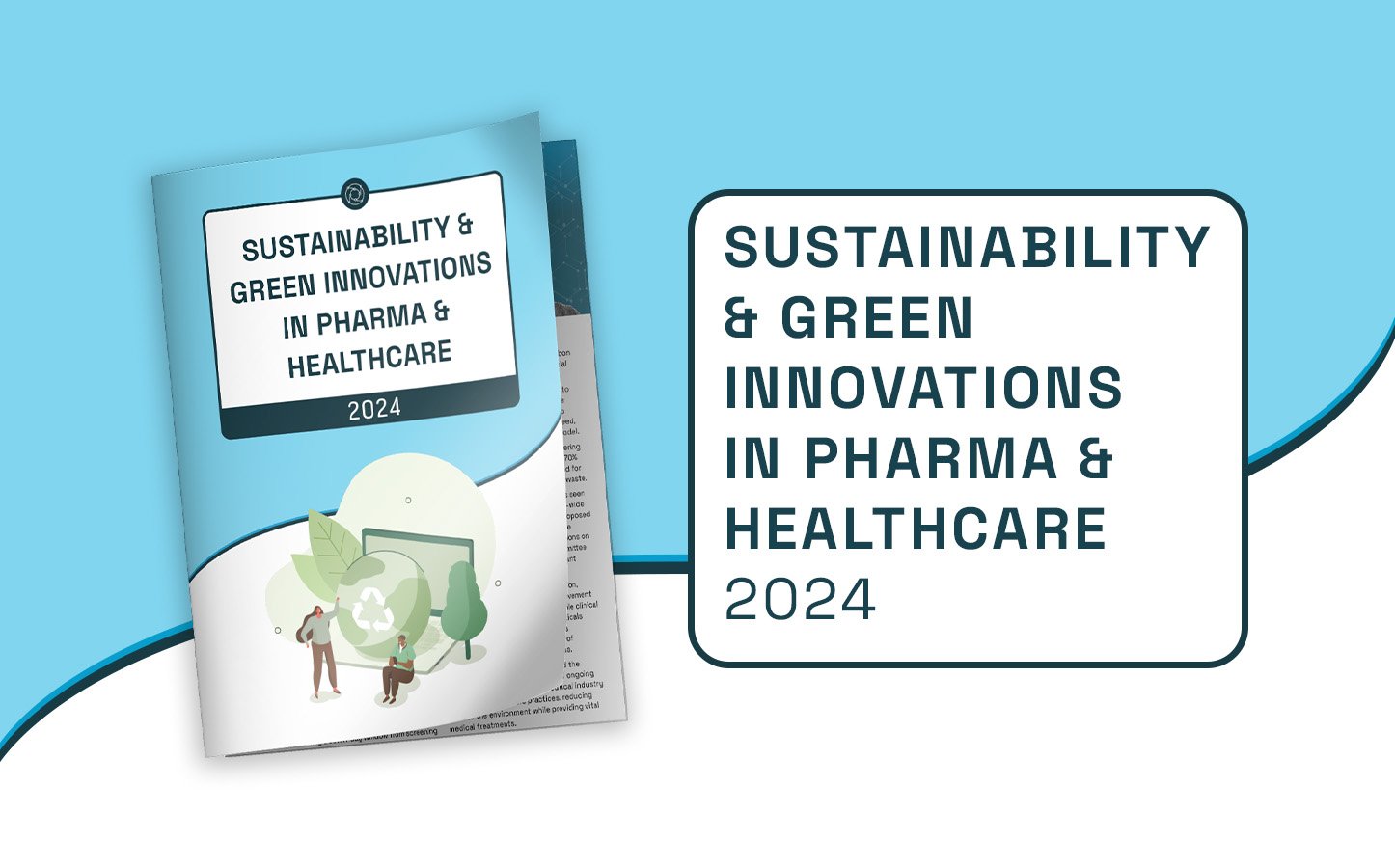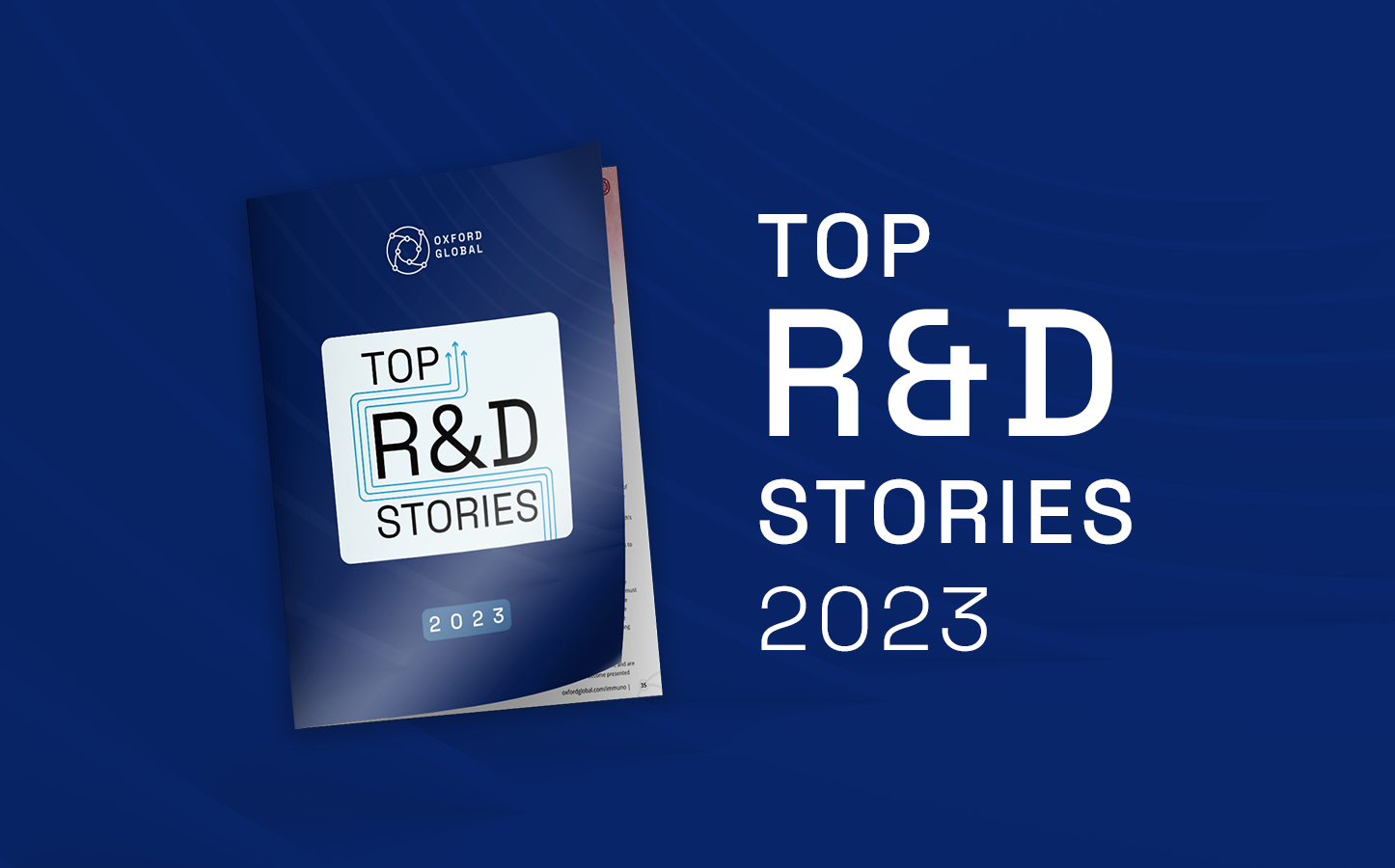Top 3 Must-See Presentations: Discovery US 2022
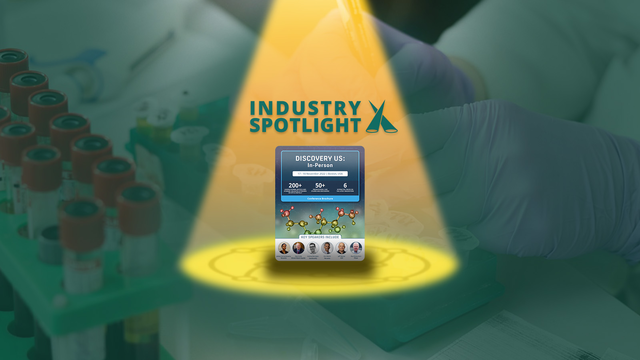
Oxford Global’s annual Discovery US conference will take place on 17 November 2022 in Boston USA. Hosting over 200 industry leaders, the two-day event will be a focal point for the future of drug discovery and development. Here are three presentations from the conference which we are especially excited to see in the coming days:
1. Novel Opportunities in Drug Discovery Combining AI and Quantum Computing
Day One: 17 November 2022 @ 11.20 - Conference Room 3: Computational Drug Design: AI Focus

Quantum computing is a fascinating and ground-breaking method that could truly come to define the 21st century in years to come. A quantum computer’s ability to run staggeringly complex algorithms orders of magnitude faster than classical computers makes it highly suited to the intricacies of human biology.
READ: $1.2m Quantum Computing Drug Discovery Grant Secured by Penn State Researchers
Methods such as molecular dynamics and artificial intelligence in particular promise to transform the field of drug discovery, but until now have been bottlenecked by slow computing power.
This presentation, Andrea Bortolato, Director of Drug Discovery at SandboxAQ, explains why bioinformatic scientists are so excited about quantum computing. She will provide examples of potential opportunities in combining AI and Quantum particularly in the structure-based drug design field.
2. Developing Translatable Disease Biology Models in Neuroscience
Day One: 17 November 2022 @ 08.35 - Conference Room 2: Animal and Disease Modelling, Organoid Based Discovery, Organ on Chip Development, 3D Media
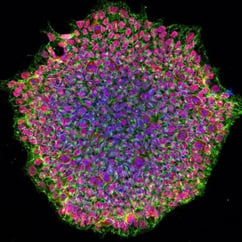
In this presentation, Janaky Coomaraswamy, Senior Principal Scientist at Novartis, will take us through the development of seeded aggregation models in human iPSC-derived neurons.
The development of iPSC-based models has major implications for understanding difficult and serious diseases such as neurodegenerative diseases like Parkinson’s. For example, recapitulating the protein misfolding that occurs in Parkinson’s disease advances understanding of the condition, further advancing drug discovery in neuroscience.
READ: Achieving the Gold Standards of Organ Modelling: Complexity, Robustness, and Reproducibility
Using iPSCs-derived human neurons enables the use of cell-based assays to study disease mechanisms. These in turn are used to validate novel targets and test the efficacy of compounds related to key biological processes in vitro.
3. Discovery of a Macrocyclic Peptide Inhibitor of Programmed Death-Ligand 1 (PD-L1)
Day One: 17 November 2022 @ 08.35 - Conference Room 1: Identification & Validation of Novel Targets, New Modalities
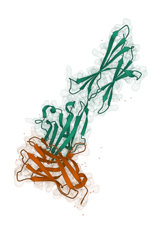
Paul Scola, Senior Director in Drug Discovery at Bristol Myers Squibb, will deliver this presentation, going over BMS’s identification of a macrocyclic peptide inhibitor of PD-L1.
The immune regulatory molecule, PD-L1, has been associated with a variety of cancer indications, notably lung cancer. The protein has been identified as a possible target for many types of immunotherapies.
READ: Preclinical Strategies for Combination Immunotherapies
Scola will talk us through his team’s optimisation of binding through rational drug design, including developing their understanding of binding its kinetics.
The presentation will also outline BMS’s resolution of off-target liabilities, key studies in progression to the clinic, and early clinical data from healthy volunteers.
You can download the full agenda for the conference here.
Get your weekly dose of industry news?here?and keep up to date with the latest?‘Industry Spotlight’ posts.?For other Discovery content, please visit the?Discovery Content Portal.







